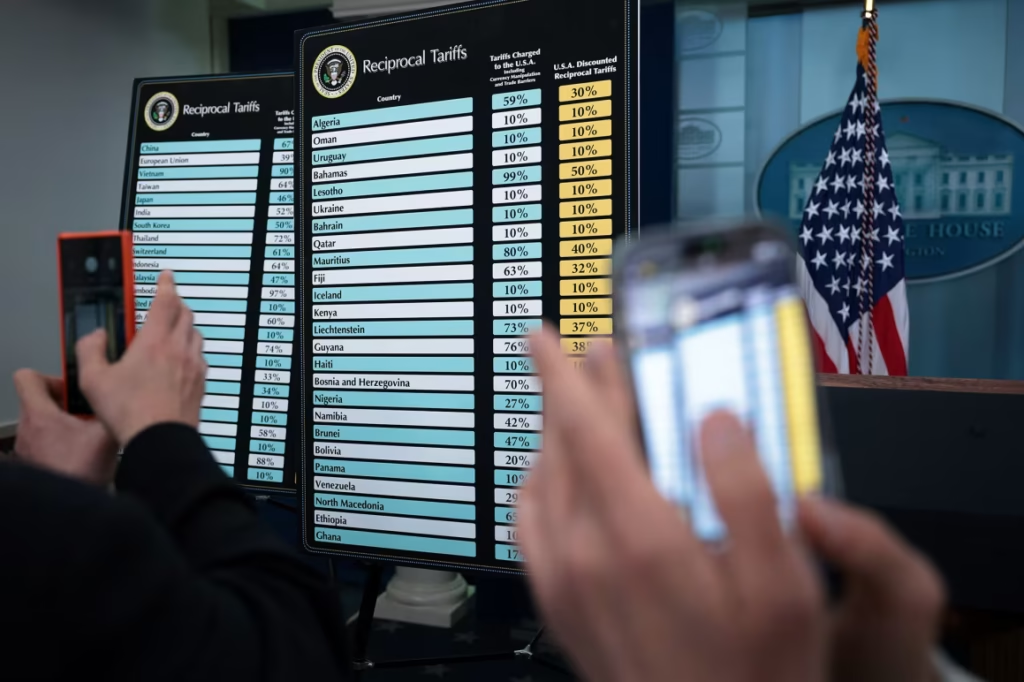In a landmark decision shaking the foundation of U.S. trade policy, a federal court has ruled against the sweeping tariffs imposed by former President Donald Trump under emergency powers. The decision stems from a lawsuit brought by small business owners, including wine importer V.O.S. Selections, who argued that the administration’s use of the International Emergency Economic Powers Act (IEEPA) to enact tariffs was unlawful.
The U.S. Court of International Trade concluded that the IEEPA does not grant the president unchecked authority to impose tariffs on global imports. The three-judge panel unanimously agreed that the administration overstepped its bounds by invoking national security and economic emergencies to justify wide-ranging tariffs, including those dubbed “Liberation Day” tariffs and special levies on goods from Canada and Mexico.
While the ruling invalidates these specific tariffs and blocks their enforcement, the court’s decision has been temporarily paused as the government appeals. Oral arguments are being held today, July 31, 2025, as the legal battle continues in the Federal Circuit Court of Appeals.
This case does not impact other tariffs still in place under separate authorities, such as Section 232 tariffs on steel or Section 301 tariffs targeting China. However, it sends a clear message that major economic policies like trade barriers must have explicit Congressional authorization—reinforcing the limits of presidential power in trade matters.
The business community has reacted with cautious optimism. Importers who have been burdened by increased costs expressed relief, while markets responded positively, with gains in equities and commodities following the initial ruling. Analysts suggest that if the court’s decision is upheld on appeal, it could reshape the way trade actions are taken in the future, possibly requiring more collaboration between the White House and Congress.
With this ruling, the conversation around trade laws and executive authority has intensified, setting the stage for possible legislative reform such as the proposed Trade Review Act. As the legal and political debates evolve, business owners, economists, and lawmakers alike will be closely watching how this pivotal case plays out.




